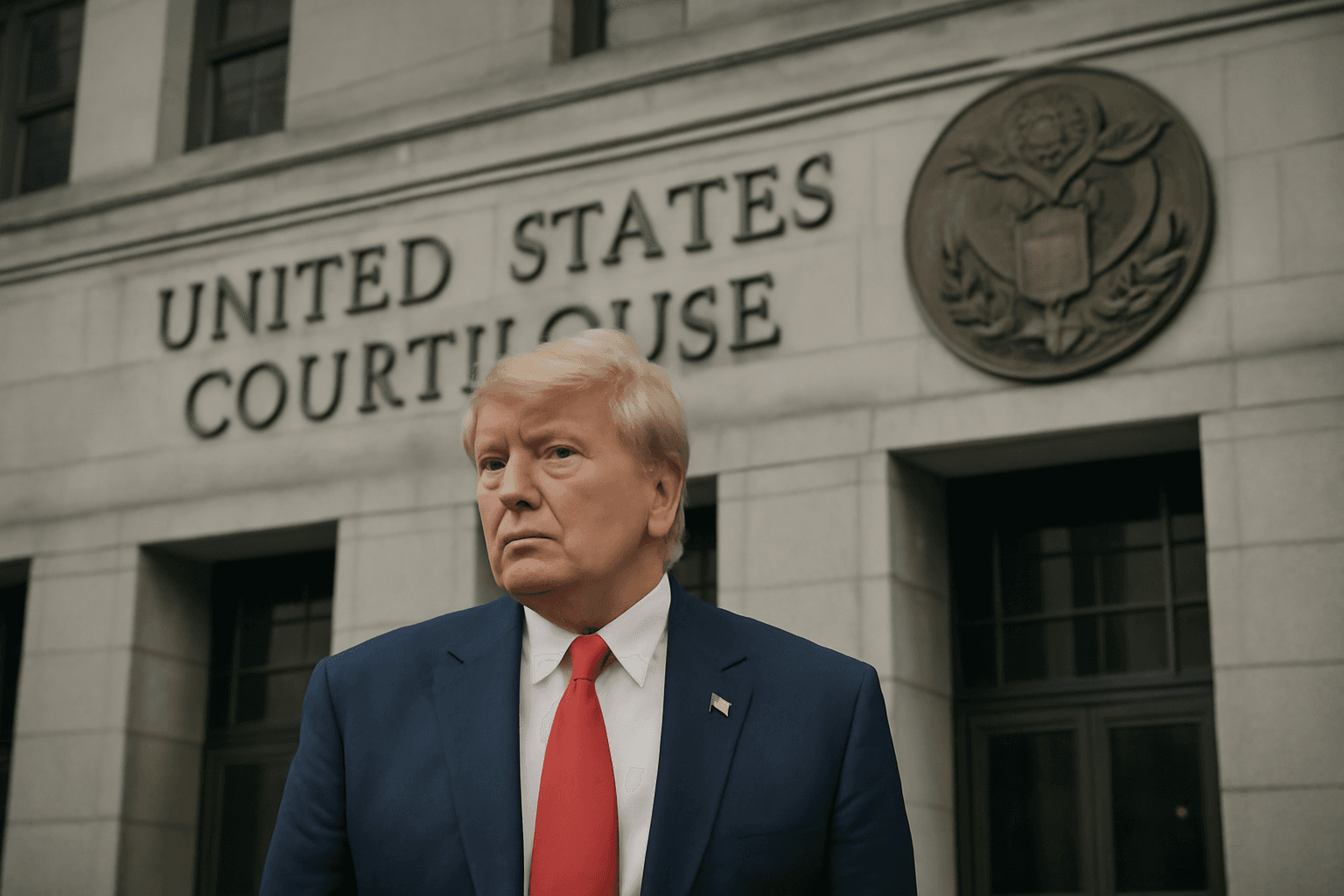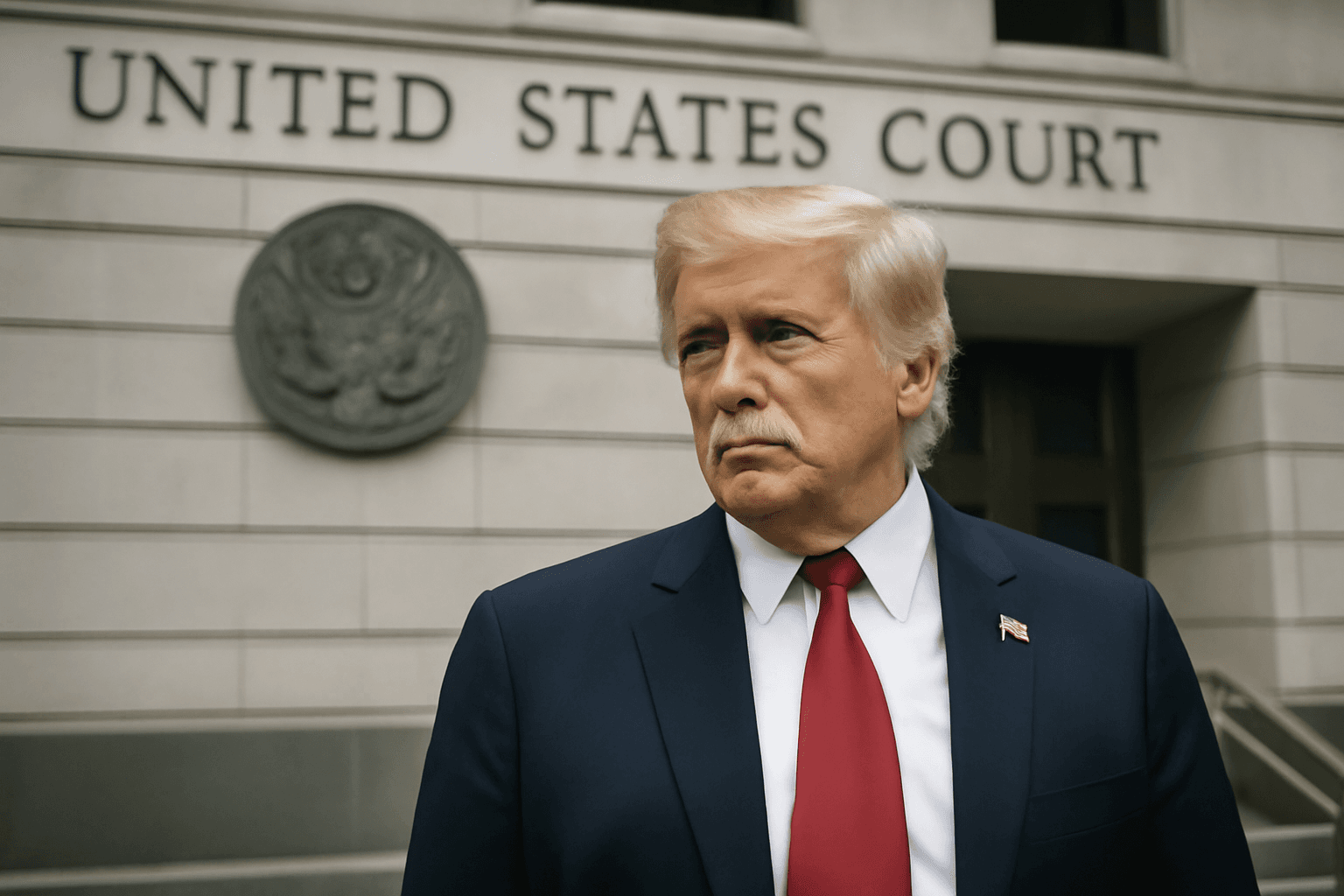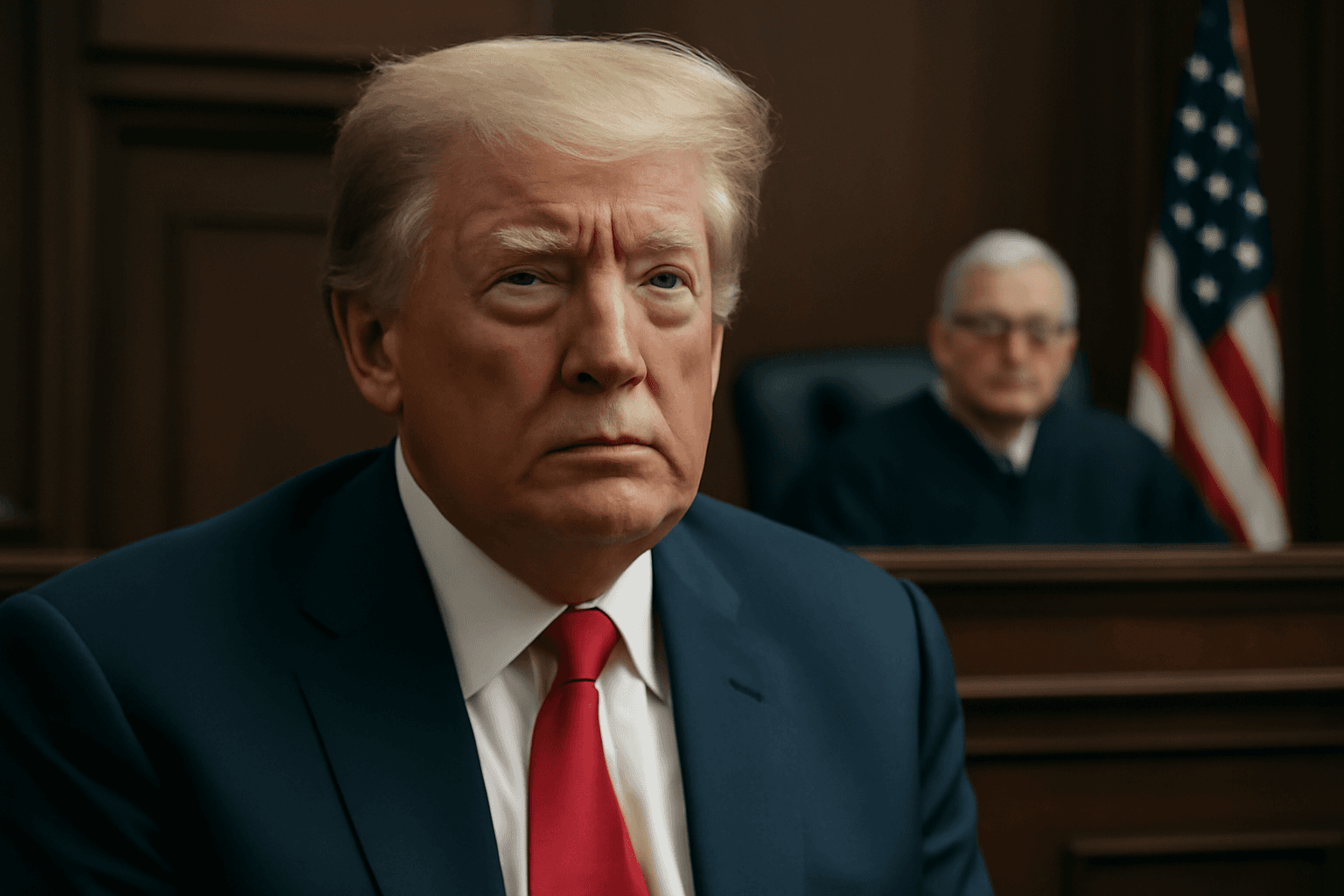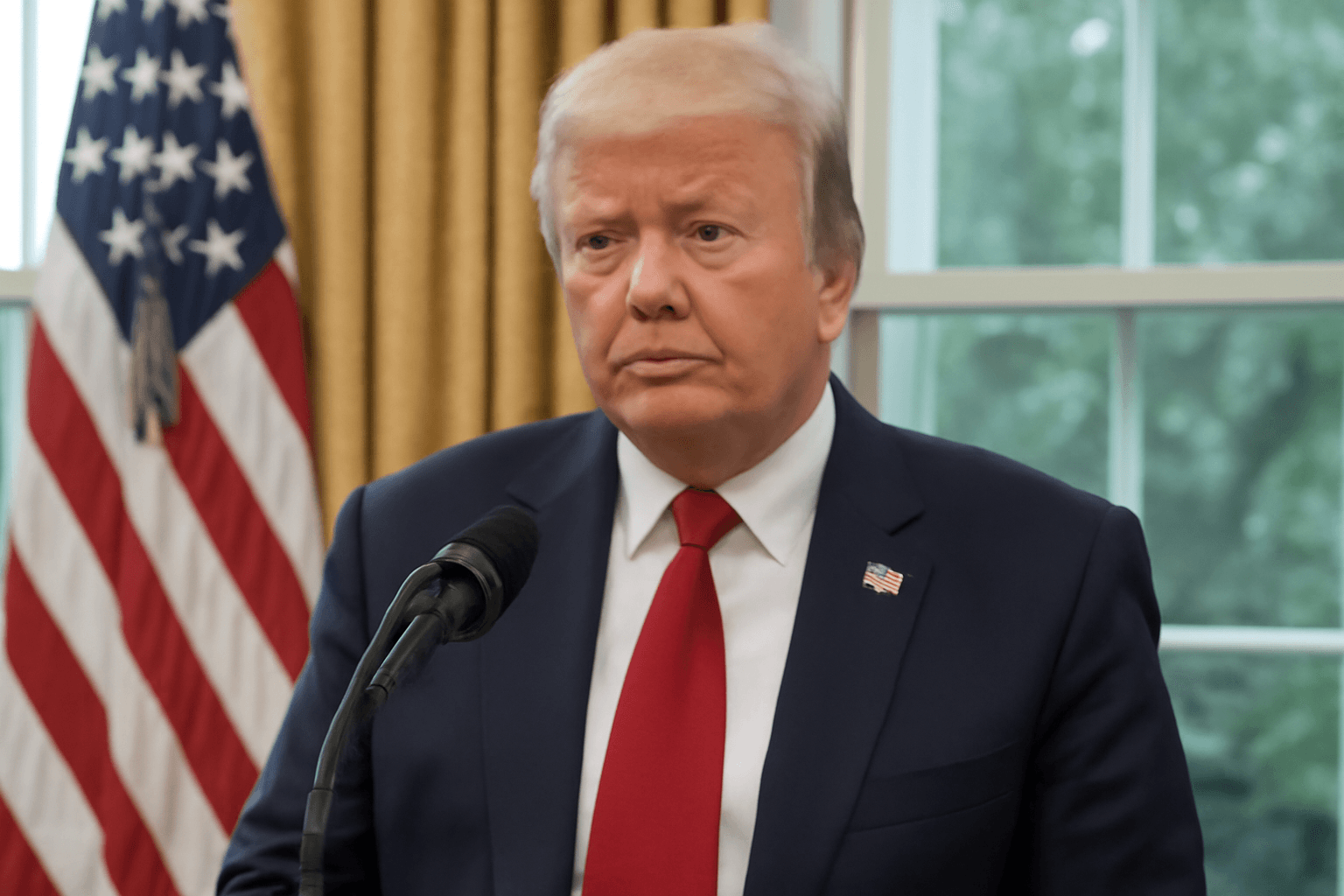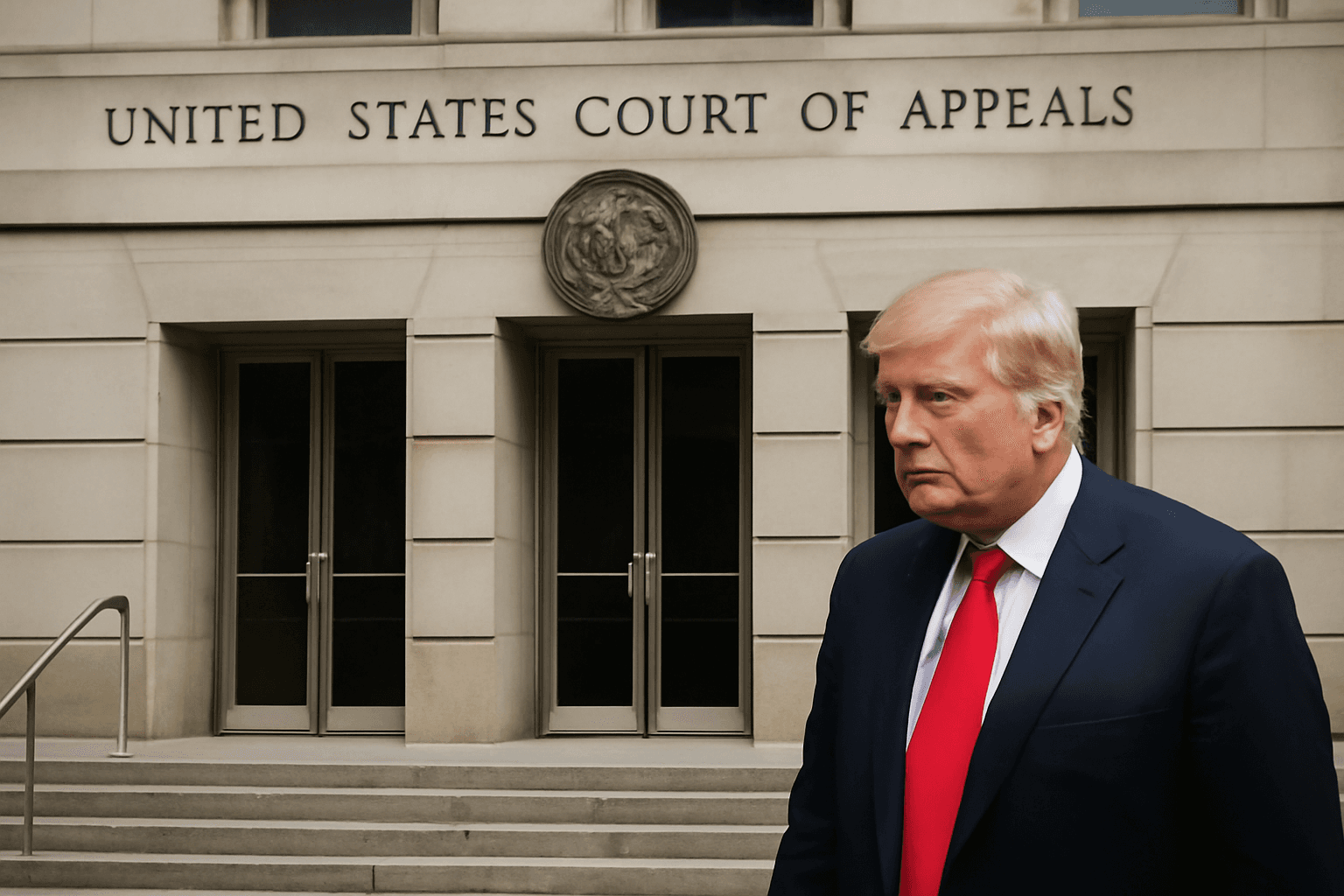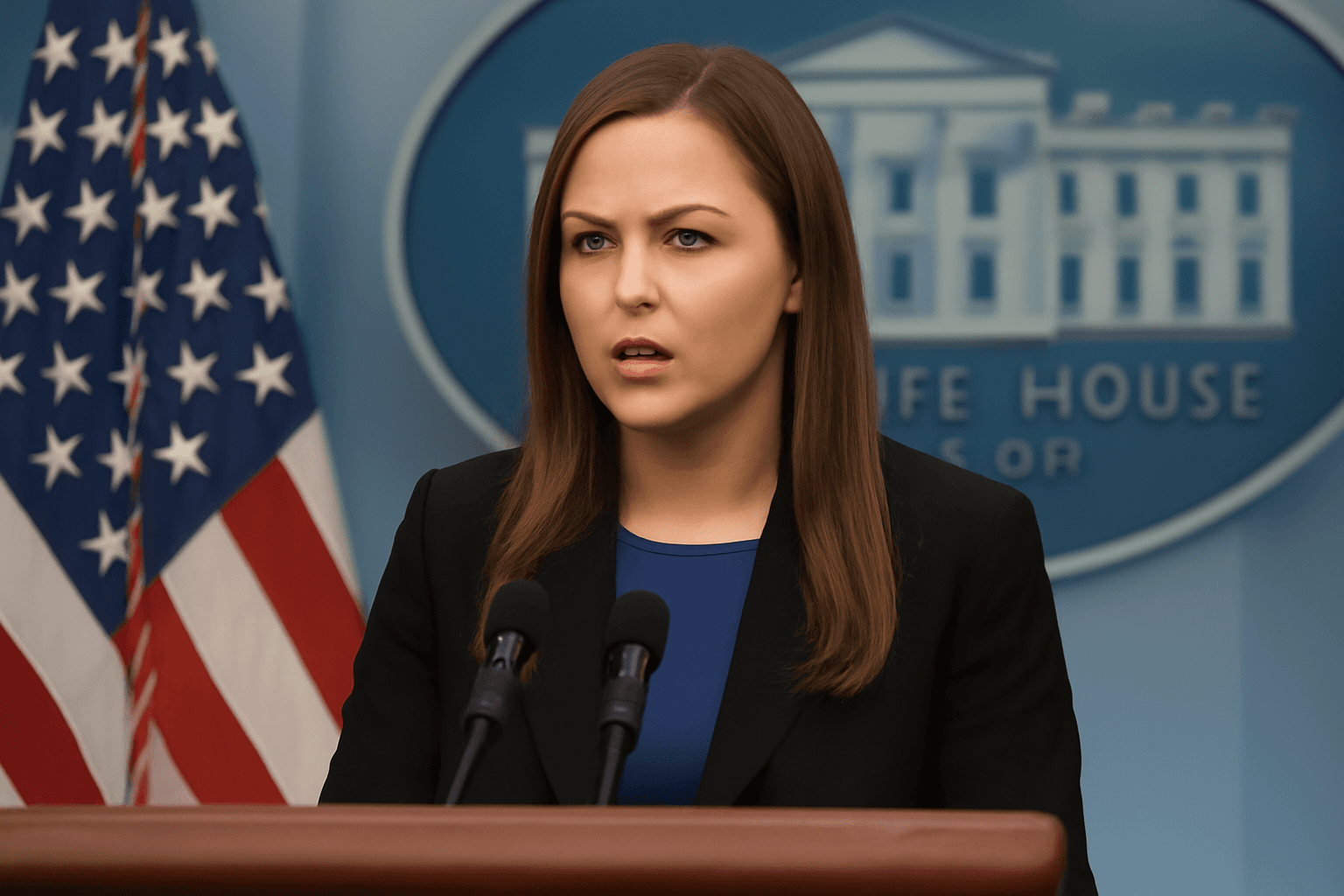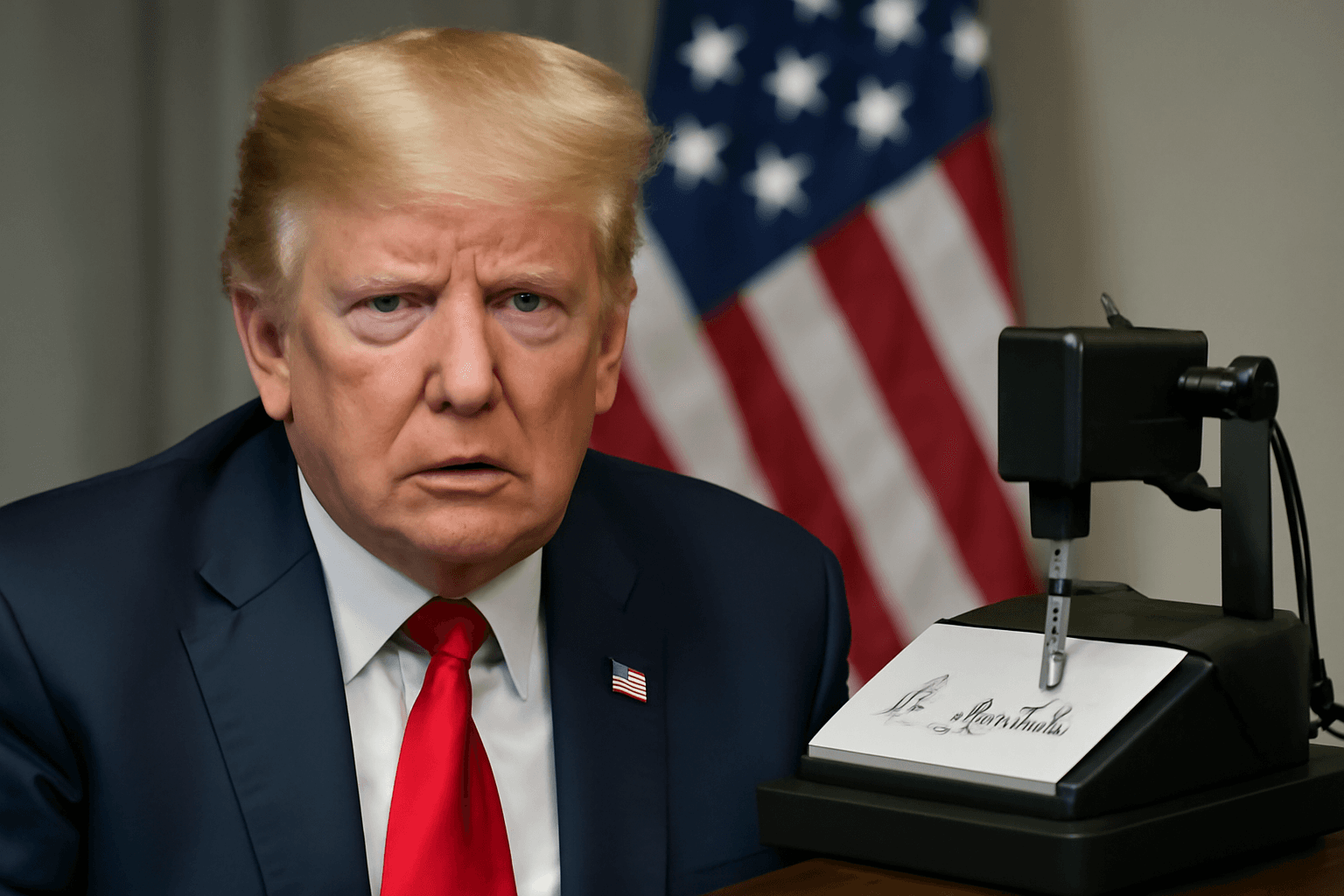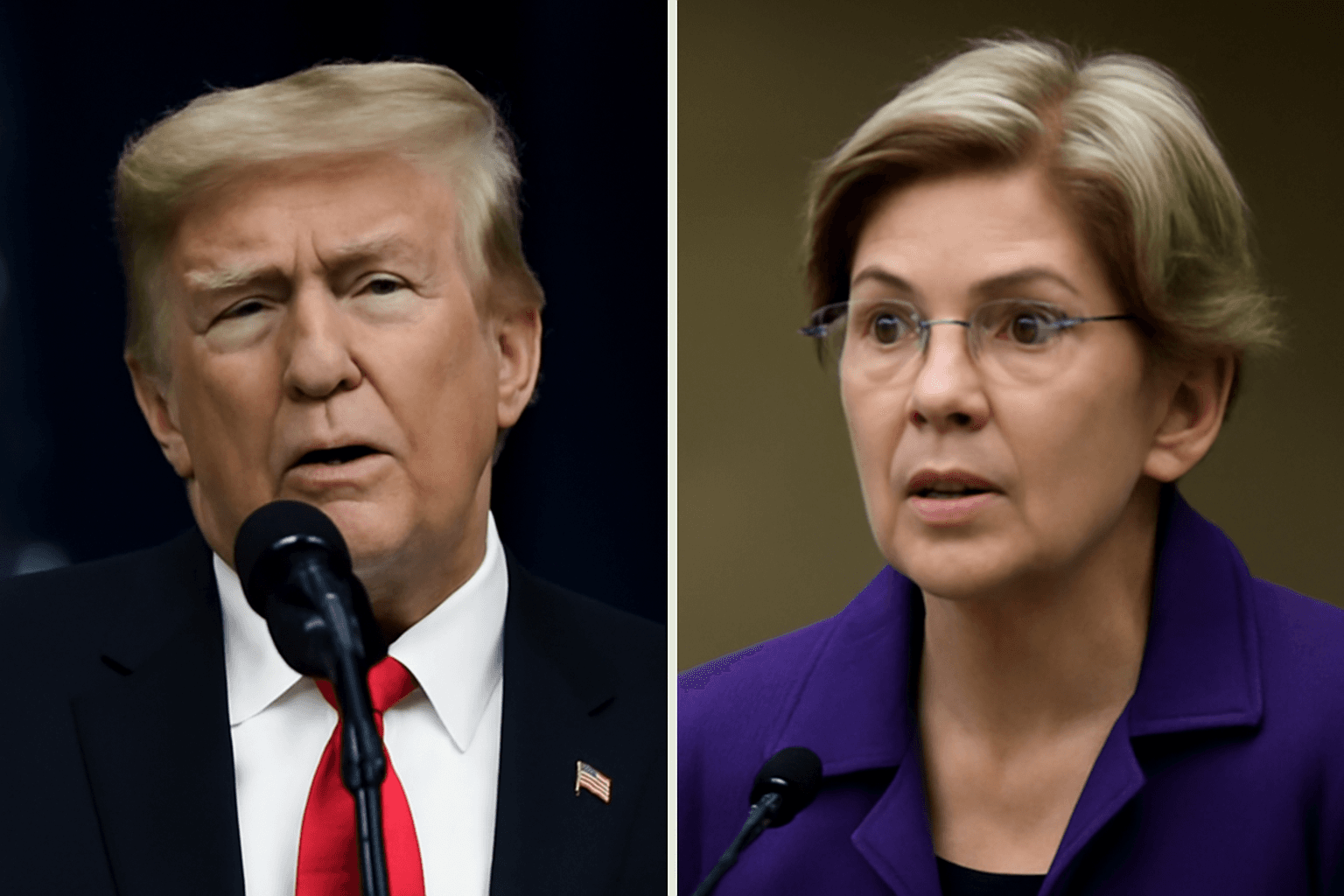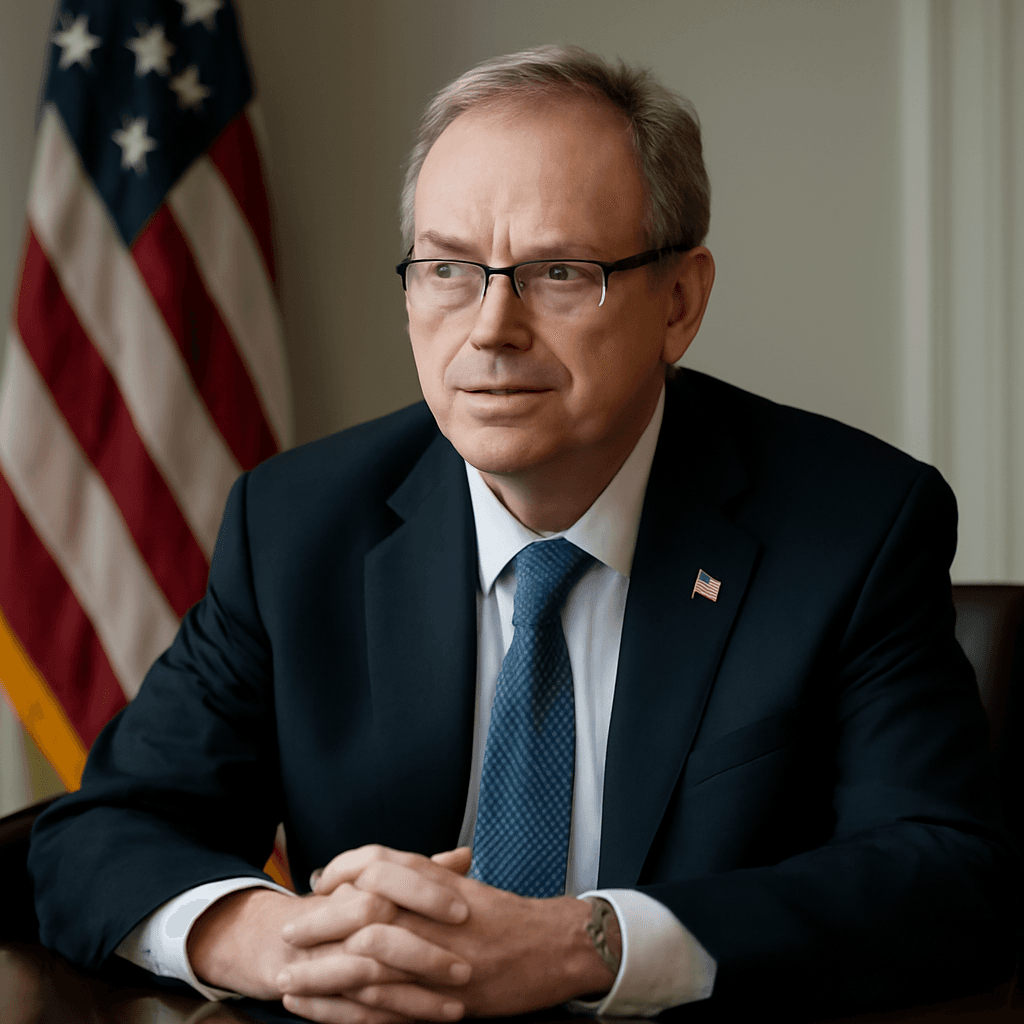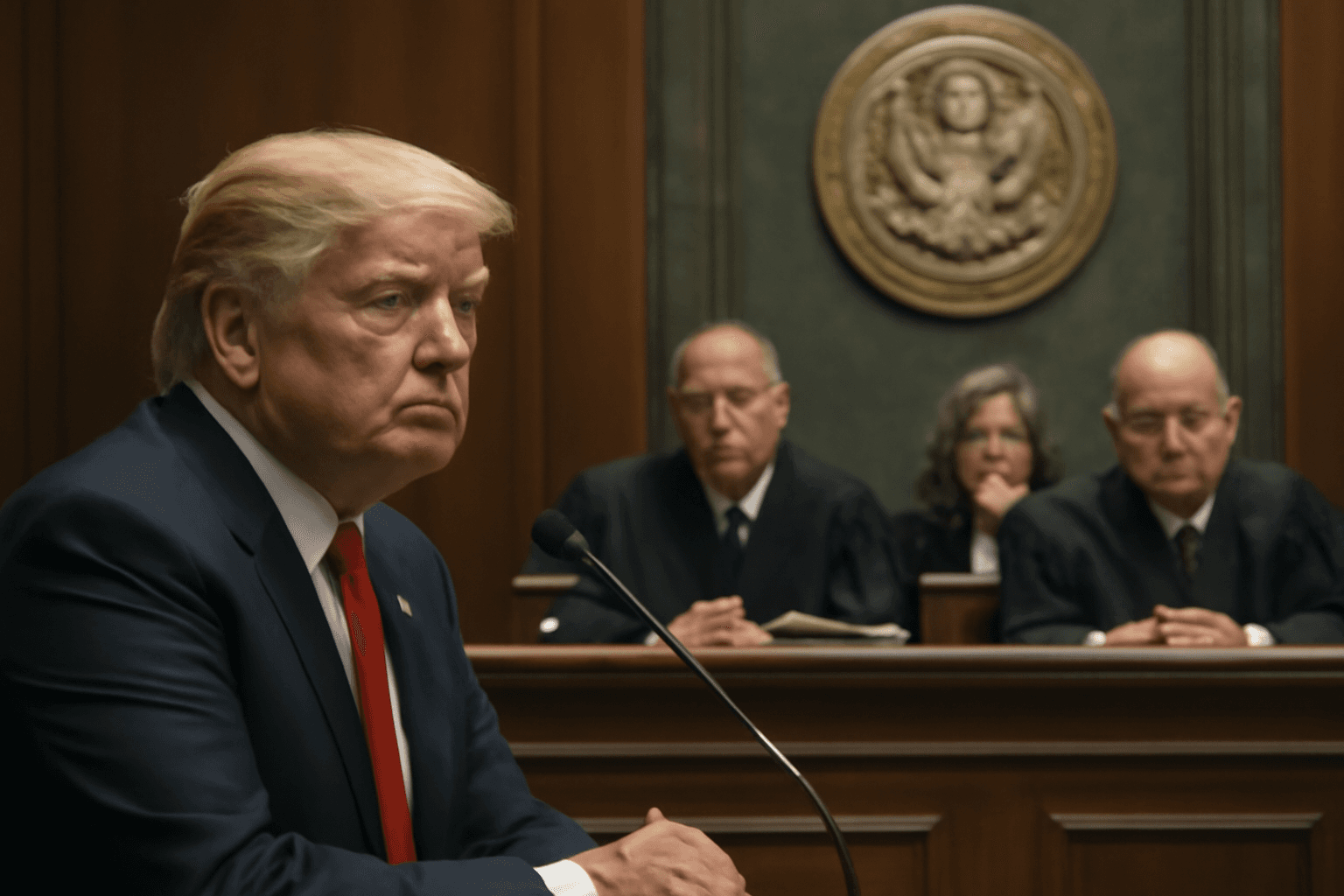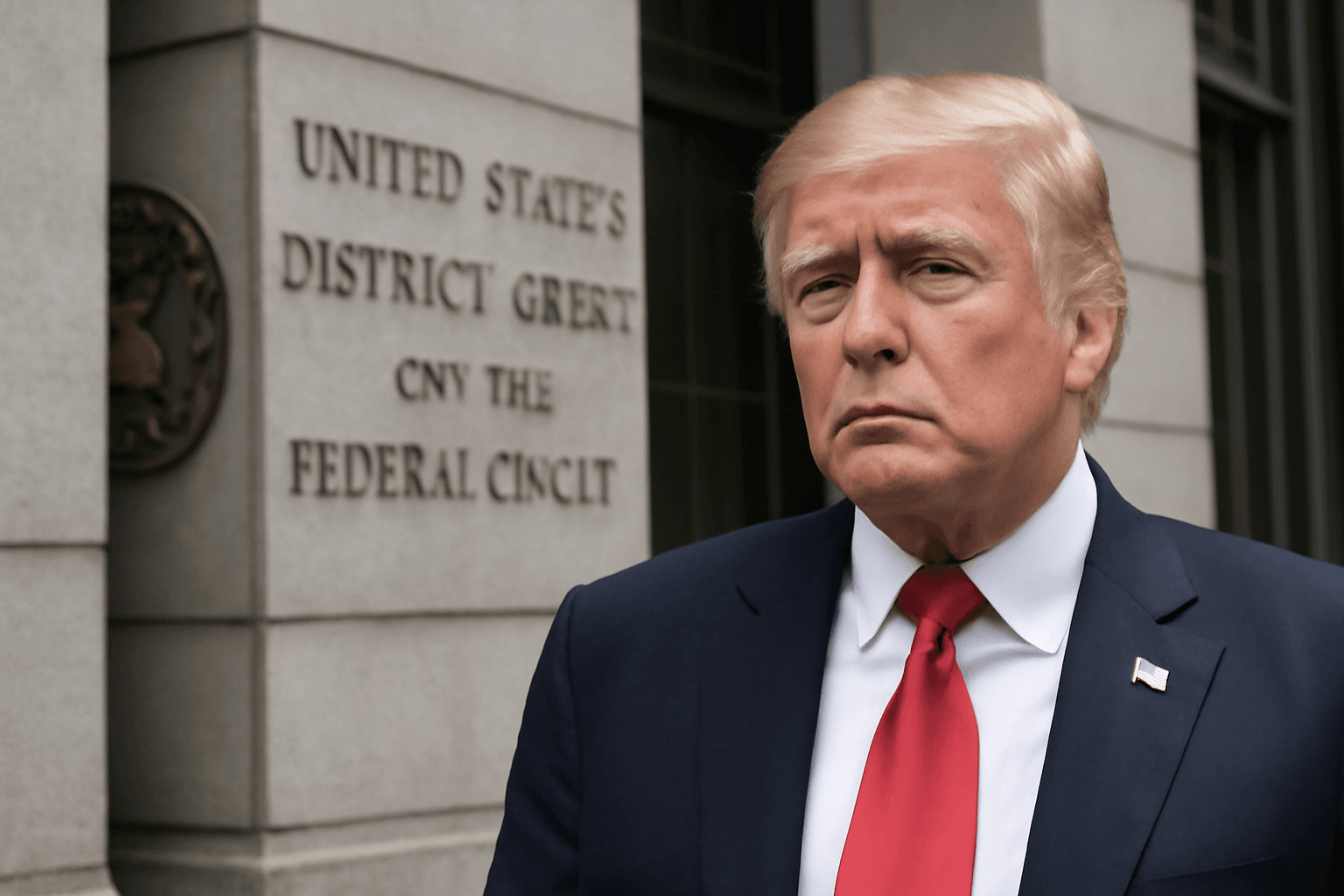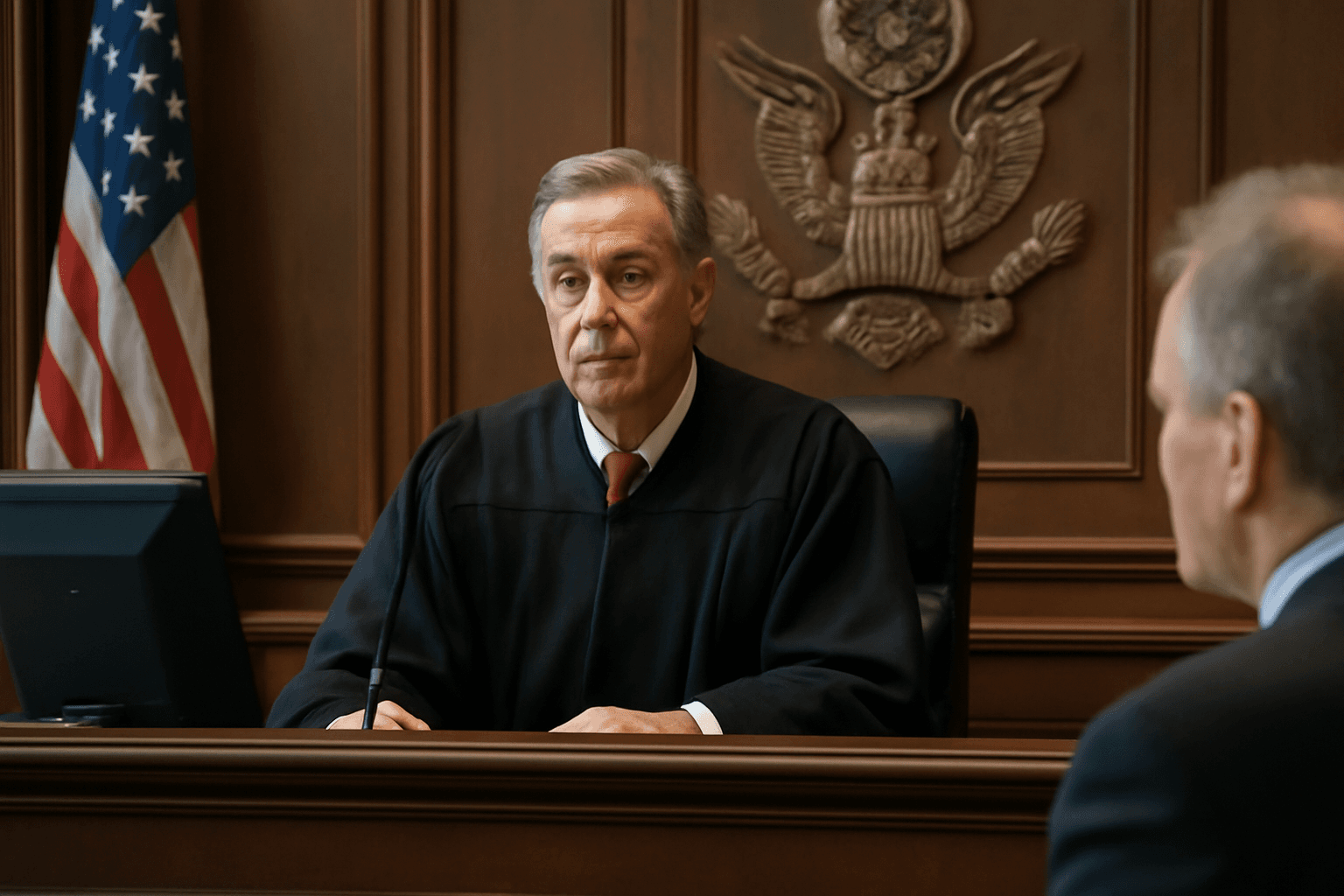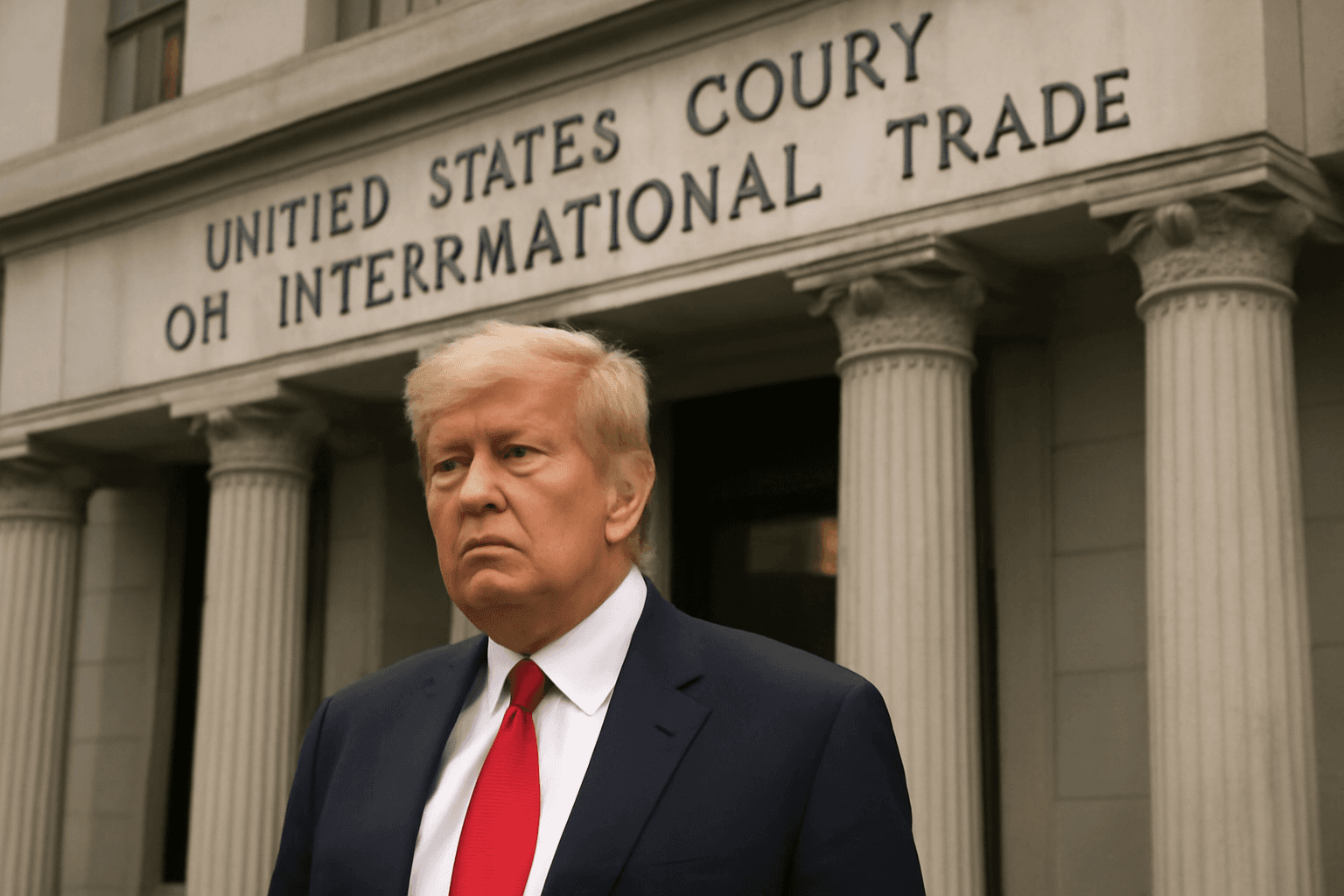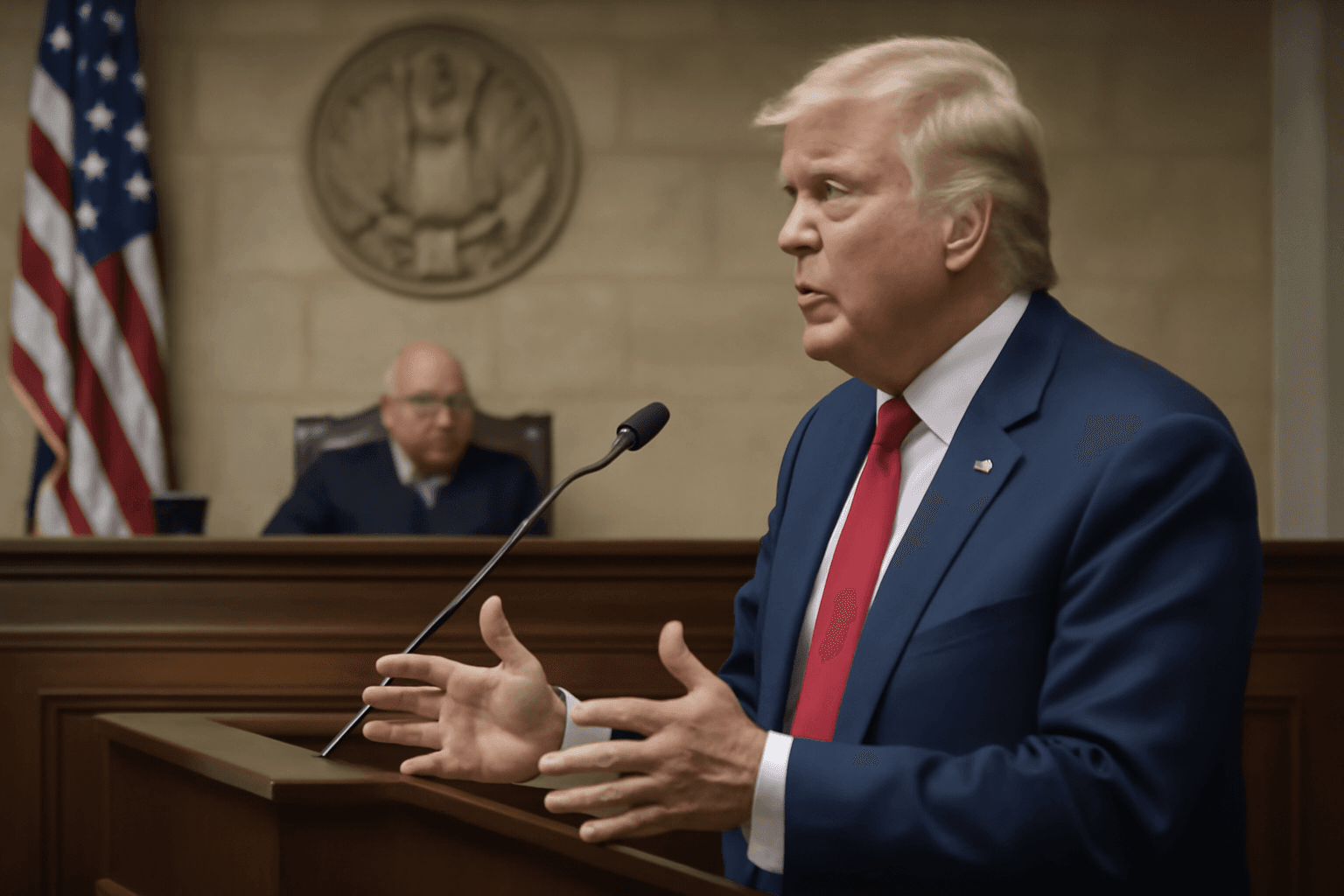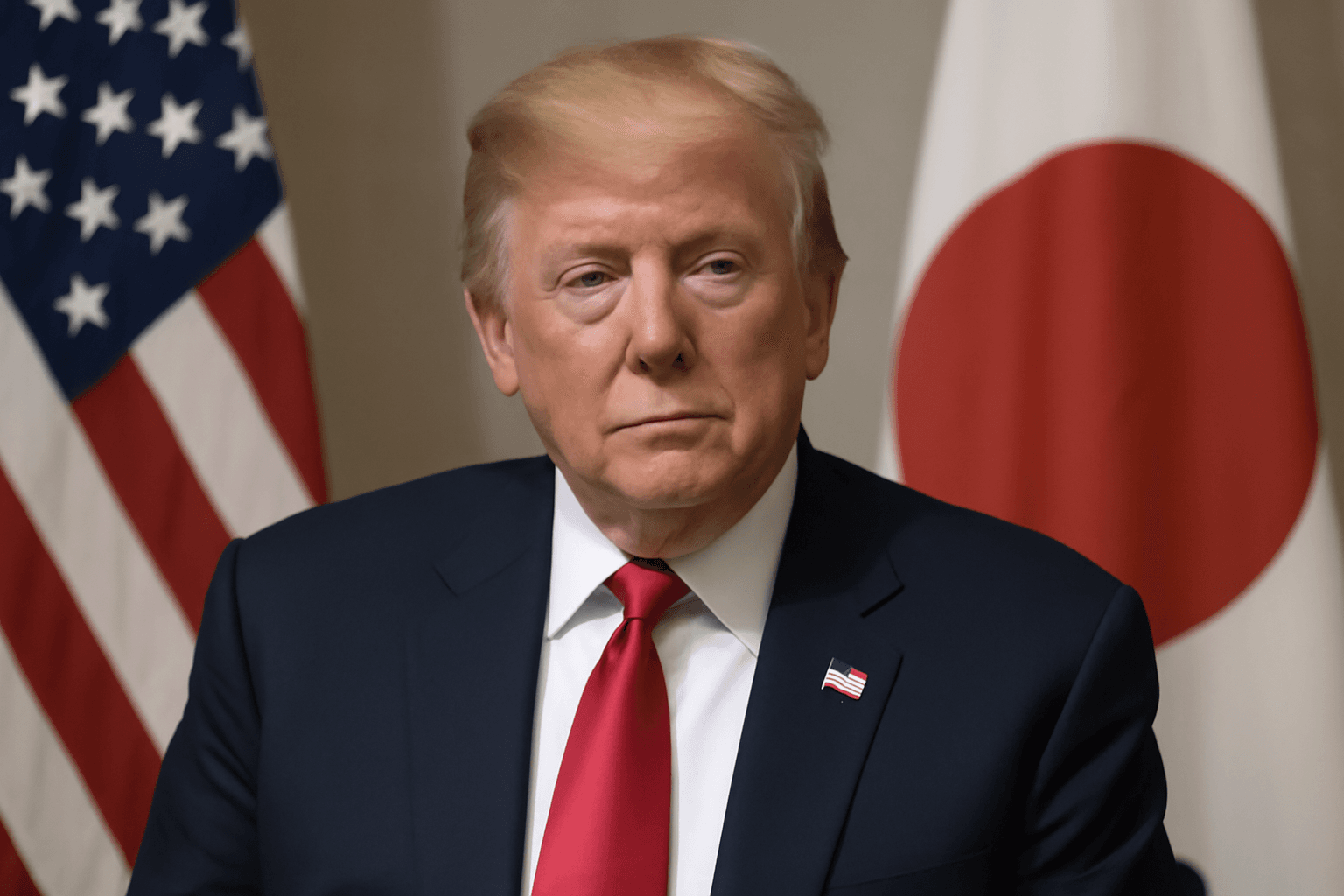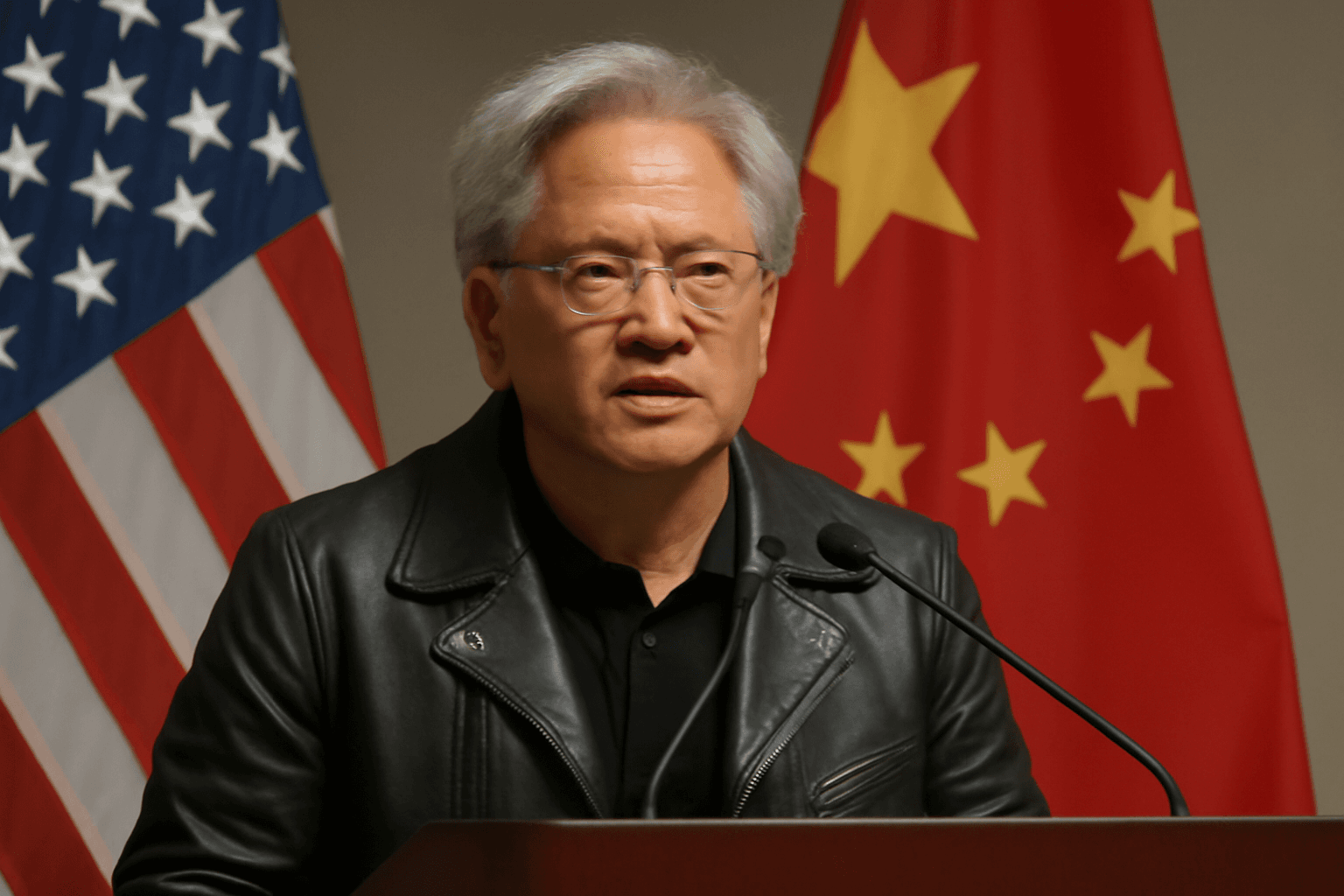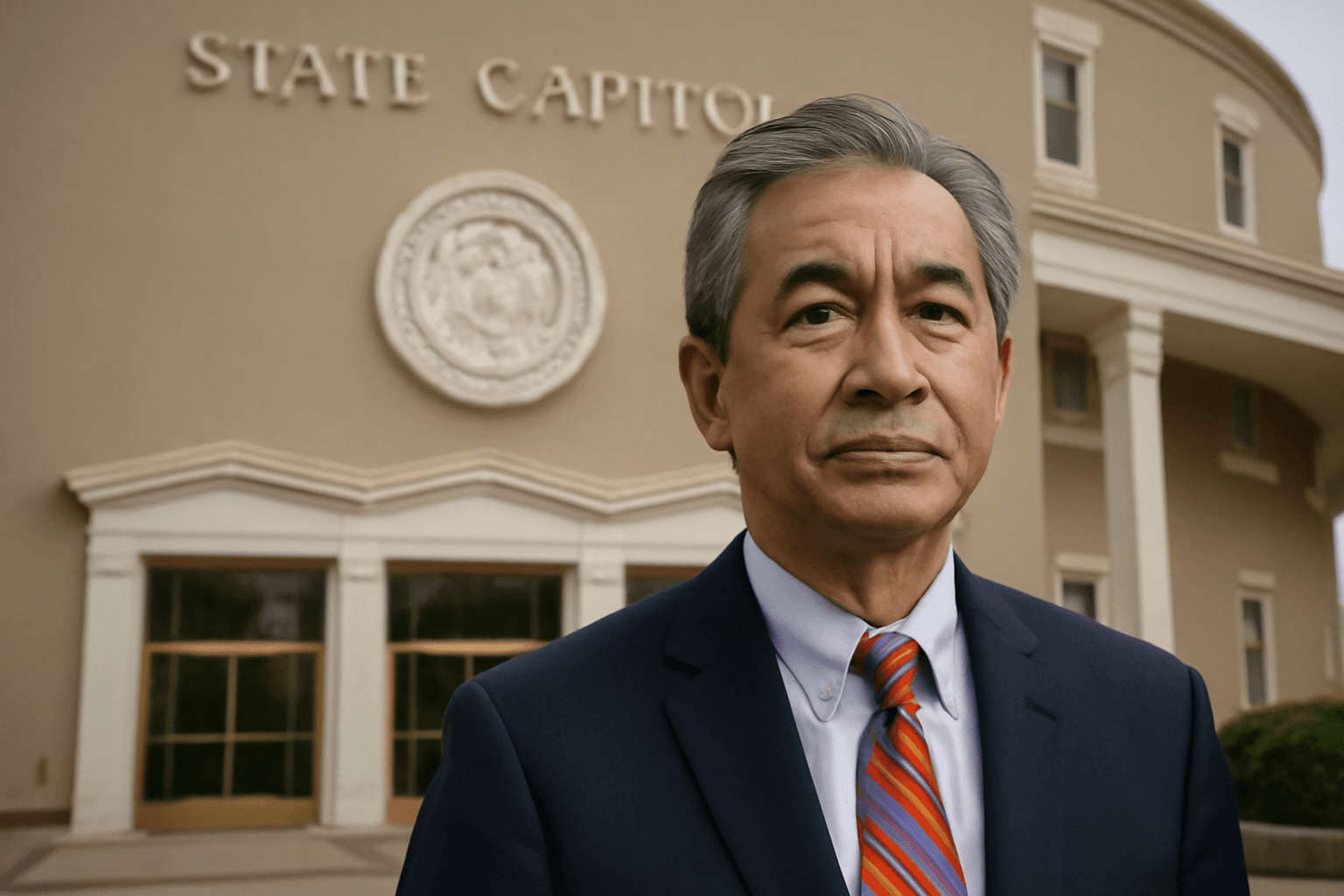A federal court has ruled that former President Donald Trump overstepped his authority by imposing broad tariffs under emergency powers. The ruling, delivered by a three-judge panel at the U.S. Court of International Trade in New York, blocked tariffs imposed under the 1977 International Emergency Economic Powers Act (IEEPA) on imports from countries including Canada, China, and Mexico.
Trump had invoked emergency powers to justify these tariffs, citing the United States' longstanding trade deficit as a national emergency. His administration argued that the tariffs were necessary to address issues such as illegal immigration and the influx of drugs.
However, seven lawsuits challenged this rationale, stating that the IEEPA does not permit the use of tariffs and that trade deficits alone do not qualify as an "unusual and extraordinary threat" as required by the law. Notably, the U.S. has experienced a trade deficit for 49 consecutive years.
Trump's administration cited precedent from 1971 when then-President Richard Nixon used emergency tariffs, and contended that only Congress has the authority to determine the validity of a presidential emergency declaration, not the courts.
The tariffs previously sparked global market uncertainty and raised concerns about potential impacts on U.S. economic growth, although economists suggest that the overall effects have been limited. The White House has not issued a comment on the recent ruling, but an appeal from the Trump administration is anticipated.
The court’s decision underscores the limits of executive power in shaping trade policy under emergency statutes and marks a significant development in ongoing debates regarding the separation of powers and trade regulation.

